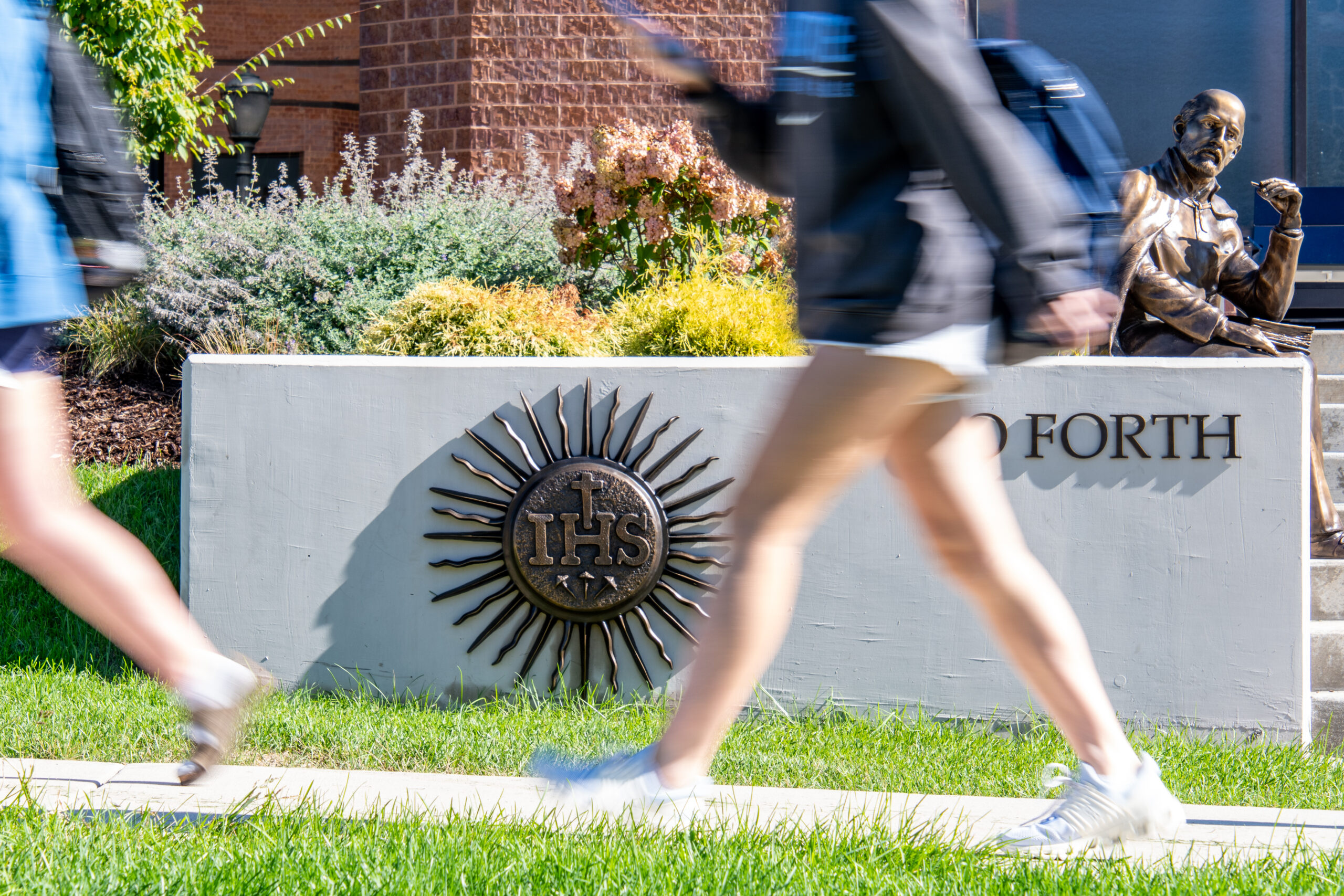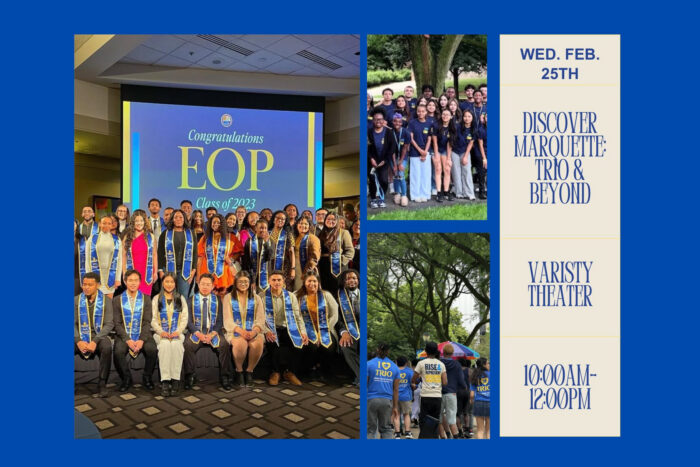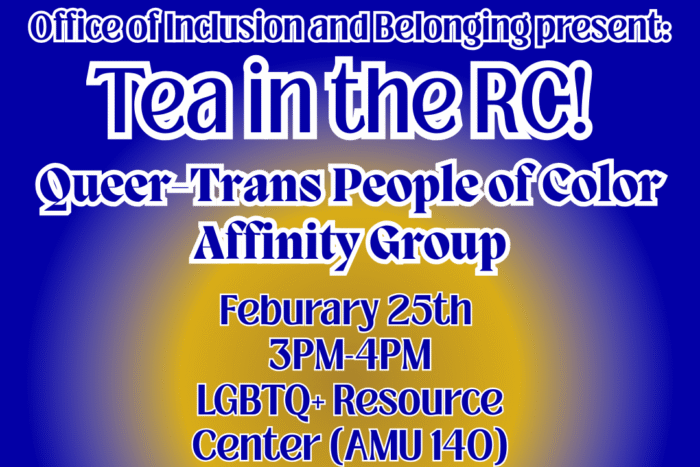Sept. 27 marks the 484th anniversary of the day that Pope Paul III approved the Society of Jesus. That event was the fruit of an almost three-month discernment the previous year, when St. Ignatius and his group of nine self-styled “friends in the Lord” eventually decided to petition to become a formal religious order. Fortunately, the details of that gathering were recorded in a document that came to be known as “The Deliberation of the First Fathers,” which has become an important template for group decision-making in Jesuit schools and other Ignatian organizations today.
The early companions had already decided on a common mission. The issue in this deliberation was how tightly they wanted to be bonded. Their friendship began at the University of Paris, where they first learned to overcome their considerable national and linguistic diversity to form a common spirituality. Their closeness had already survived a number of separations, and they expected to be dispersed quite widely at the end of their discernment. Ignatius helped the group formulate and answer two simple questions: Would they create a body of some kind, so that their friendship might benefit more than themselves, and if so, what kind of union would achieve this: a religious order, or something less formal? They easily answered the first question: they would seek a greater bond than friendship. However, the second was more fraught: it would involve a vow of obedience to one of their members. Ignatius insisted that the group thoroughly consider both sides of the question, starting with the negative, since he thought the group began the discernment leaning in a positive direction. Finally, after many weeks of prayer and discussion, the group voted in the affirmative: unanimously, in fact, when a simple majority would have sufficed. They still needed to pray for confirmation, but the joy they felt at arriving at this decision was already suggesting that God had blessed their decision. They would become a religious order.
How can we experience the grace of that discernment today? First, we might relish and nurture the extraordinary friendships we share at Marquette. Second, we could deliberately employ the “multiplier effect” in our planning and collaboration. And third, we might reaffirm our institutional commitment, whether it aligns with our private judgements or not. As Ignatian companions, we are truly “better together,” and that is worth celebrating annually on this anniversary day.



